At least, from a genetic point of view | Science & technology.
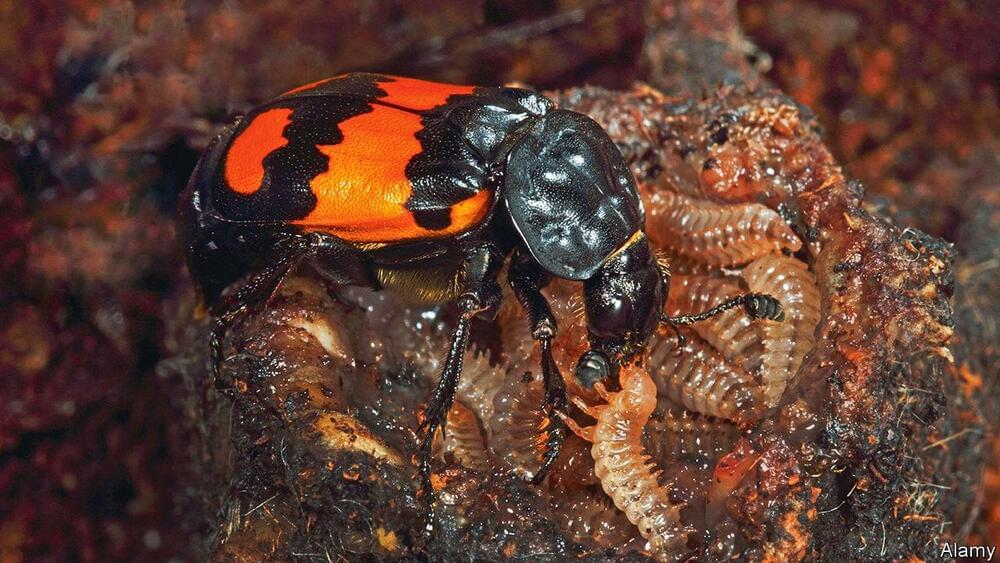

Join us on Patreon! https://www.patreon.com/MichaelLustgartenPhD
Discount Links:
Telomere Length, Epigenetic Testing: https://trudiagnostic.com/?irclickid=U-s3Ii2r7xyIU-LSYLyQdQ6…M0&irgwc=1
Use Code: CONQUERAGING
NAD+ Quantification: https://www.jinfiniti.com/intracellular-nad-test/
Use Code: ConquerAging At Checkout.
At-Home Metabolomics: https://www.iollo.com?ref=michael-lustgarten.
Use Code: CONQUERAGING At Checkout.
At-Home Blood Testing (SiPhoxHealth): https://getquantify.io/mlustgarten.
Oral Microbiome: https://www.bristlehealth.com/?ref=michaellustgarten.
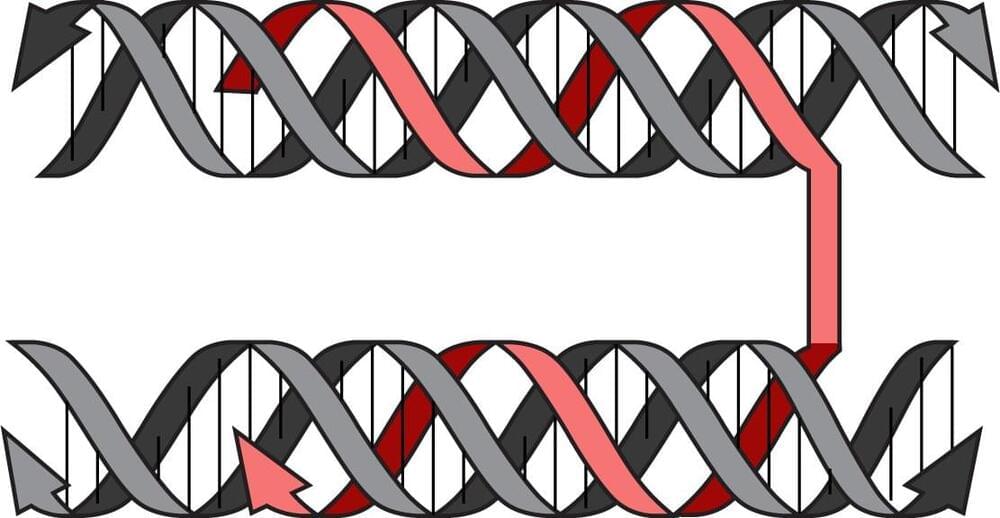
A human cell harbors roughly 2 meters of DNA, encompassing the essential genetic information of an individual. If one were to unwind and stretch out all the DNA contained within a single person, it would span a staggering distance—enough to reach the sun and back 60 times over. In order to manage such an astounding volume of biological information, the cell compacts its DNA into tightly packed chromosomes.
“Imagine DNA as a piece of paper upon which all our genetic information is written,” says Minke A.D. Nijenhuis, co-corresponding author. “The paper is folded into a very tight structure in order to fit all of that information into a small cell nucleus. To read the information, however, parts of the paper have to be unfolded and then refolded. This spatial organization of our genetic code is a central mechanism of life. We therefore wanted to create a methodology that allows researchers to engineer and study the compaction of double-stranded DNA.”
Natural DNA is often double-stranded: one strand to encode the genes and one backup strand, intertwined in a double helix. The double helix is stabilized by Watson-Crick interactions, which allow the two strands to recognize and pair with one another. Yet there exists another, lesser-known class of interactions between DNA. These so-called normal or reverse Hoogsteen interactions allow a third strand to join in, forming a beautiful triple helix (Figure 1).
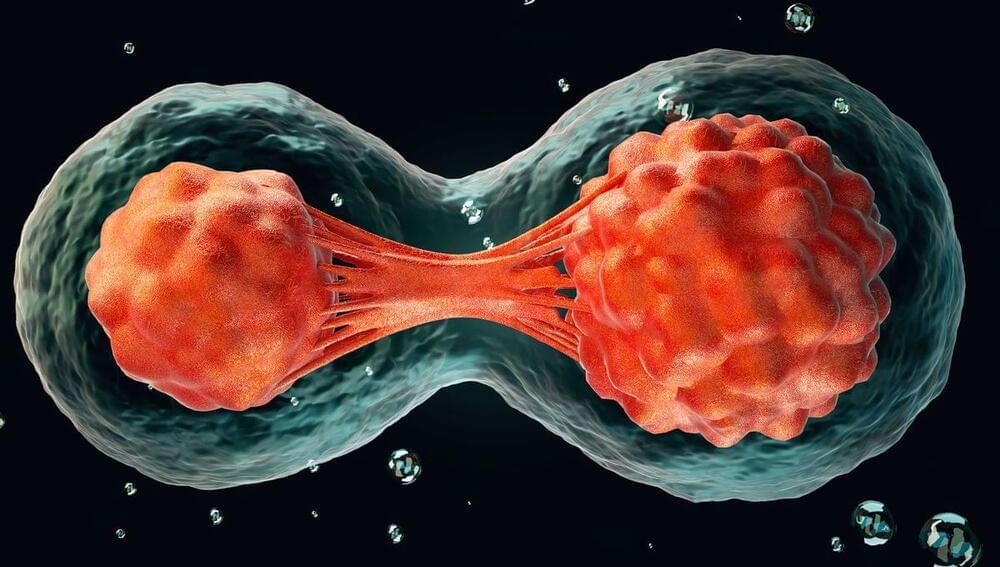
Synthetic human embryos – derived from stem cells without the need for eggs or sperm – have been created for the first time, scientists say. The structures represent the very earliest stages of human development, which could allow for vital studies into disorders like recurrent miscarriage and genetic diseases. But questions have been posed about the legal and ethical implications, as the pace of scientific discovery outstrips the legislation.
The breakthrough was reported by the Guardian newspaper following an announcement by Professor Magdalena Żernicka-Goetz, a developmental biologist at the University of Cambridge and Caltech, at the 2023 annual meeting of the International Society for Stem Cell Research. The findings have not yet been published in a peer-reviewed paper.
It’s understood that the synthetic structures model the very beginnings of human development. They do not yet contain a brain or heart, for example, but comprise the cells that would be needed to form a placenta, yolk sac, and embryo. Żernicka-Goetz told the conference that the structures have been grown to just beyond the equivalent of 14 days of natural gestation for a human embryo in the womb. It’s not clear whether it would be possible to allow them to mature any further.
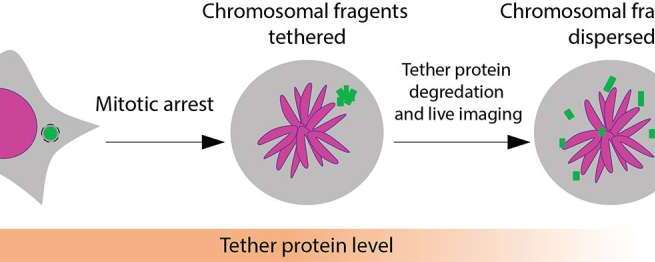
Healthy cells work hard to maintain the integrity of our DNA, but occasionally, a chromosome can get separated from the others and break apart during cell division. The tiny fragments of DNA then get reassembled in random order in the new cell, sometimes producing cancerous gene mutations.
This chromosomal shattering and rearranging is called “chromothripsis” and occurs in the majority of human cancers, especially cancers of the bones, brain and fatty tissue. Chromothripsis was first described just over a decade ago, but scientists did not understand how the floating pieces of DNA were able to be put back together.
In a study published in Nature, researchers at University of California San Diego have answered this question, discovering that the shattered DNA fragments are actually tethered together. This allows them to travel as one during cell division and be re-encapsulated by one of the new daughter cells, where they are reassembled in a different order.
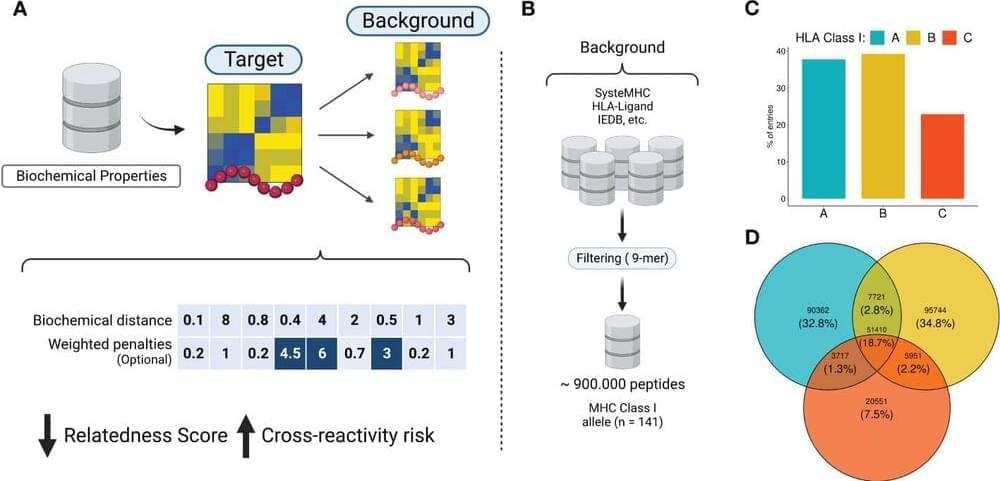
Researchers at the University of Houston are working to make T-cell immunotherapy safer, developing a tool called CrossDome, which uses a combination of genetic and biochemical information to predict if T-cell immunotherapies might mistakenly attack healthy cells.
T-cell based immunotherapies hold tremendous potential in the fight against cancer and infectious diseases, thanks to their capacity to specifically target diseased cells, including cancer metastasis. Nevertheless, this potential has been tempered with safety concerns regarding the possible recognition of unknown off targets displayed by healthy cells.
In one case, scientists created special T-cells that were supposed to target a protein found in a type of skin cancer called melanoma. However, these T-cells also ended up attacking a different protein found in the heart cells of some patients. This caused severe damage to the heart.
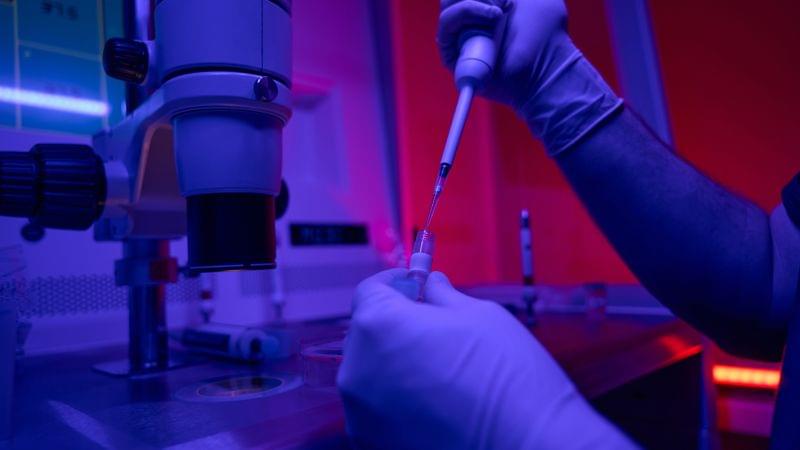
A team of researchers in the United States and United Kingdom say they have created the world’s first synthetic human embryo-like structures from stem cells, bypassing the need for eggs and sperm.
These embryo-like structures are at the very earliest stages of human development: They don’t have a beating heart or a brain, for example. But scientists say they could one day help advance the understanding of genetic diseases or the causes of miscarriages.
The research raises critical legal and ethical questions, and many countries, including the US, don’t have laws governing the creation or treatment of synthetic embryos.
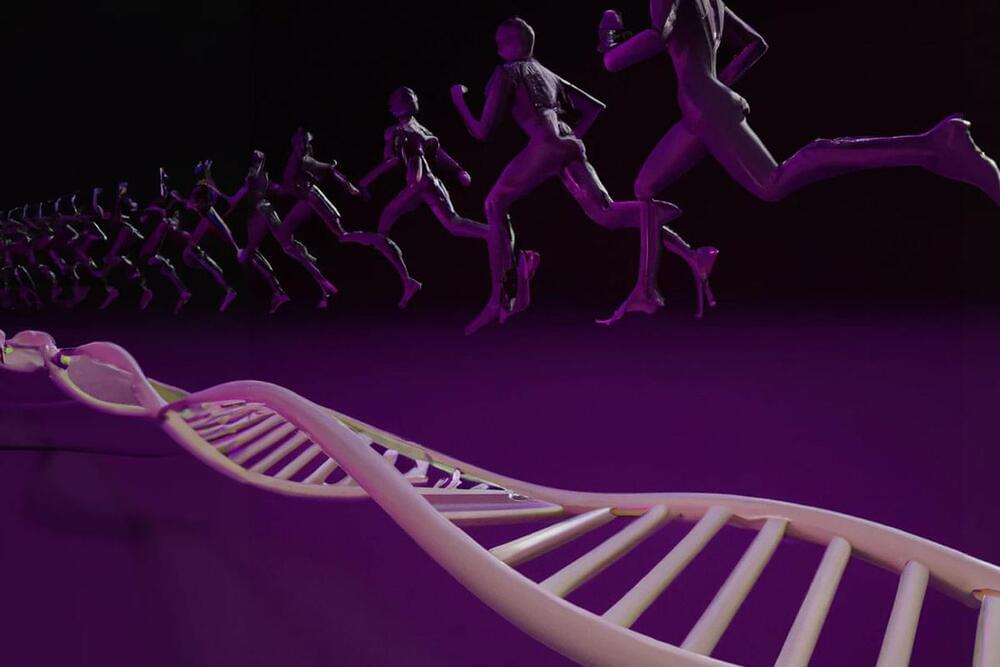
Type 2 diabetes is a significant global health concern, affecting millions of individuals worldwide. The disease is associated with numerous complications, as well as an increased risk of premature mortality. Recent research conducted by the University of Sydney has shed light on the potential of physical activity in preventing the onset of type 2 diabetes, even in individuals with a high genetic risk for the disease [1]. This study underscores the importance of exercise as a key strategy for chronic disease prevention and offers promising news for individuals seeking to reduce their risk of developing type 2 diabetes.
Longevity. Technology: The worldwide burden of type 2 diabetes is substantial, and the disease carries significant implications for public health. Type 2 diabetes is associated with various complications, including cardiovascular diseases, kidney problems and nerve damage. Moreover, individuals with type 2 diabetes often experience a shortened lifespan and reduced healthspan due to the increased risk of developing other chronic conditions. The study’s findings add to the clarion call for effective prevention strategies that alleviate this burden on individuals, families and healthcare systems worldwide.
The research, published in the British Journal of Sports Medicine, involved 59,325 adults enrolled in the UK Biobank project. Participants wore accelerometers on their wrists to measure their physical activity levels and the researchers also considered genetic markers associated with a higher risk of type 2 diabetes. The study followed the participants for up to seven years to assess their health outcomes.
Join us on Patreon! https://www.patreon.com/MichaelLustgartenPhD
Discount Links:
NAD+ Quantification: https://www.jinfiniti.com/intracellular-nad-test/
Use Code: ConquerAging At Checkout.
Epigenetic Testing: https://trudiagnostic.com/?irclickid=U-s3Ii2r7xyIU-LSYLyQdQ6…M0&irgwc=1
Use Code: CONQUERAGING
At-Home Blood Testing: https://getquantify.io/mlustgarten.
Oral Microbiome: https://www.bristlehealth.com/?ref=michaellustgarten.
Enter Code: ConquerAging.
Green Tea: https://www.ochaandco.com/?ref=conqueraging.
Exploring Mitochondrial Bioenergetics, Optogenetics, Human Health And Aging — Dr. Brandon Berry, Ph.D., University of Washington.
Dr. Brandon Berry, Ph.D. (https://halo.dlmp.uw.edu/people/brandon-berry/) is a postdoctoral researcher in the Kaeberlein Laboratory at University of Washington where his research focuses on how aging and metabolism are linked.
Dr. Berry is interested in how mitochondria, the powerhouses of cells, contribute to and modulate functional decline that occurs during aging, and he is involved in using novel tools, like optogenetics, to precisely control mitochondria and metabolism with light. Through these types of experiments, he can more precisely determine if mitochondrial dysfunction is a cause or a consequence of metabolic aging and may reveal new ways to understand and impact health.
Dr. Berry has BS in Biochemistry from SUNY Geneseo, and an MS and PhD in Physiology from University of Rochester.